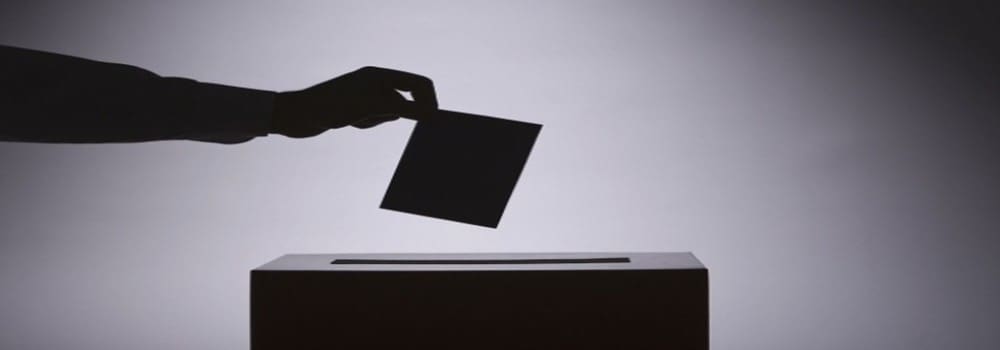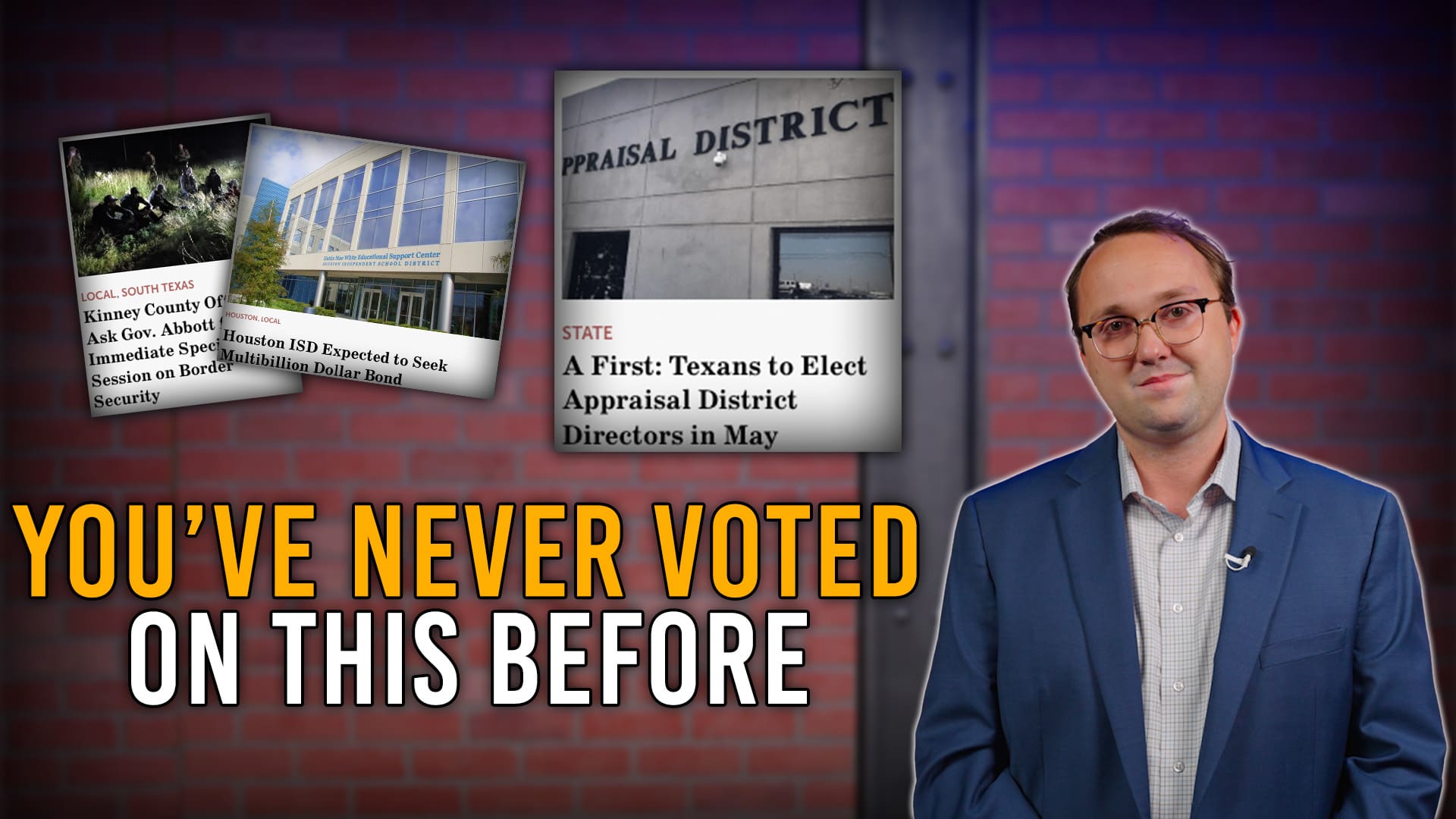South Texas authorities arrested four people Tuesday for illegally voting in elections in 2016.
Robert Caples, commander of Starr County’s Special Crimes Unit, said Rigoberto Vela, Oscar Ivan Peña, Reynaldo Moreno, and Rogelio Garcia are accused of casting ballots while on felony probation. All four were charged with illegal voting, a second-degree felony.
In Texas, felons’ voting rights are restored only after they fully complete their punishment, including any incarceration, parole, or probation.
The alleged illegal votes were cast in four different elections: the March 2016 Democrat primary, a primary runoff election in May, and municipal elections for the cities of Roma and Escobares.
The arrests are part of a broader voter fraud investigation that is ongoing in Starr County, initiated by District Attorney Omar Escobar.
“Our legislature has given us a very clear mandate to begin and try to prevent voter fraud,” Escobar said, referring to a new law enacted last year that made it a state jail felony to provide false information on a mail ballot application or submit an application without a voter’s permission.
Escobar says Elections Administrator John Lee Rodriguez alerted him in January to suspicious mail ballot applications submitted for the upcoming March 6 primaries. The applications appeared to be from voters who aren’t eligible to vote by mail – or aren’t eligible to vote at all.
The DA’s office began investigating, assisted by the Special Crimes Unit. Texas Attorney General Ken Paxton’s office also offered to assist Escobar “in whatever way we are able in your efforts to eliminate fraudulent voting and vote harvesting activity.”
Starr County authorities have already arrested three people accused of submitting false mail ballot applications for the March 2018 primaries. All three face at least one felony charge.
Two are politiqueras, “voter outreach” workers paid by candidates to collect or “harvest” mail ballots. Ernestina Barron and Belinda Garcia are both accused of filling out ballot applications to indicate that voters are disabled and thus eligible to vote by mail. When interviewed by investigators, the voters confirmed that they are not disabled and say they didn’t mark the “disability” box on the applications.
While not all vote harvesters cross the line into illegal voter assistance or falsifying ballot documents, Escobar says that most mail ballot fraud is committed by politiqueras.
“We’ve tried to educate people and warn people,” Escobar said. “But apparently, some people just refuse to follow these new laws.”
The third suspect arrested for mail ballot fraud, Erika Lozano-Pelayo, is charged with submitting a ballot application in the name of a deceased voter.
Elections officials discovered ineligible voters on the rolls while reviewing the county’s voter registration records. That review was prompted by a federal lawsuit filed in 2016.
The American Civil Rights Union sued Starr County’s elections office for failing to maintain accurate voter registration lists as mandated by the National Voter Registration Act. The NVRA, also known as the Motor Voter law, requires local elections officials to proactively ensure that only eligible voters are on the registration rolls.
The ACRU complaint says that Starr County’s voter rolls “contain more voters registered to vote than there are citizens eligible to vote residing in the county.” That includes deceased voters, ineligible felons, and non-citizens – all three of which have been found on the county’s registration rolls and casting ballots.
“That non-citizens are registered to vote is beyond question,” Escobar testified Thursday before the Senate Select Committee on Election Security. “That non-citizens are voting in Starr County is also beyond question.”
Dozens of Starr County voters have also returned mail ballots for this election cycle they say they didn’t request. That suggests someone else, possibly vote harvesters, illegally submitted ballot applications in their names.
“We want to encourage everyone to vote but we want to make sure it is the voter’s vote, not someone else’s vote,” said Escobar.
Starr County isn’t alone.
In Dallas County, where illegal vote harvesting is an ongoing problem, officials are also scrutinizing potentially fraudulent mail-in ballots for March’s primary elections. The Dallas County District Attorney’s office is sequestering any suspicious mail-in ballots or applications the county elections office finds. They’ll be set aside for extra scrutiny. The Dallas DA and Texas AG are still investigating widespread mail ballot fraud in last May’s city elections. Prosecutors believe hundreds of mail ballots were fraudulently obtained through illegal voter “assistance” or forged – or both.
In Starr County, officials aren’t waiting until after the election to investigate. They’re working in real time to identify potentially fraudulent applications and ballots, track down the people submitting them, and prosecute the offenders.
“If anyone wants to look into election fraud, this is an investigation that could go on for the next couple of years,” Caples said. “People can say that election fraud doesn’t exist but maybe it’s because they don’t want to look.”





